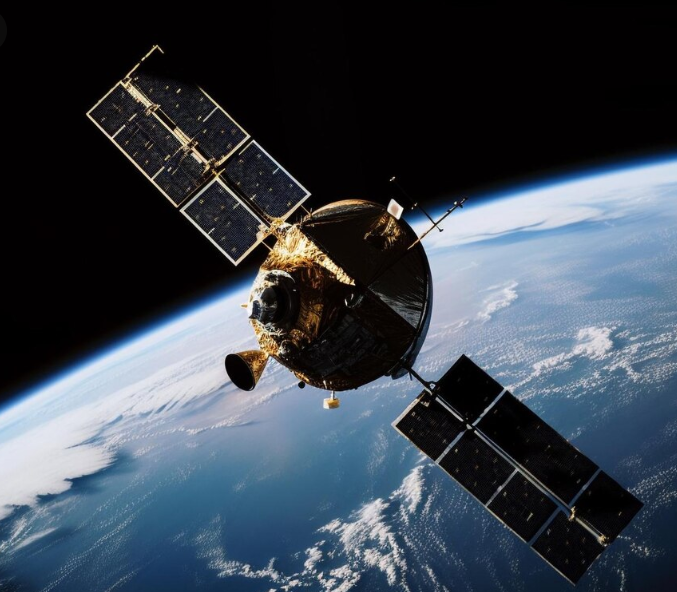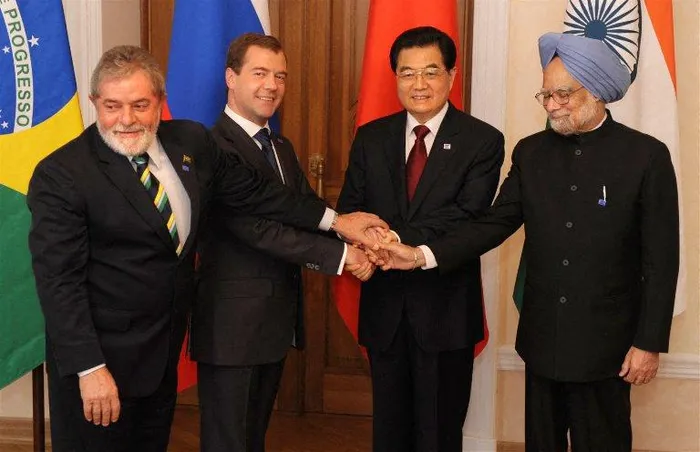The Indian Space Research Organisation (ISRO), which competes with organisations like NASA and the European Space Agency (ESA), has established India as a major force in satellite technology and space exploration. There is a rising drive for a comprehensive BRICS space partnership that might challenge the dominance of Western space agencies and reshape the space landscape as India fortifies its place within BRICS. In the face of Western domination, the Global South’s larger goal of promoting independence and technical sovereignty is in line with this strategic strategy.
The Rationale Behind India’s Push for BRICS Space Diplomacy
India has several geopolitical reasons for wanting to form a BRICS space alliance. First, India’s capacity to carry out technically complex and economically viable space missions has been proven by ISRO’s outstanding accomplishments, such as the successful Chandrayaan-3 lunar landing and the Mars Orbiter Mission (Mangalyaan). Being one of the most successful space organizations in the world, ISRO’s experience could greatly enhance the BRICS countries’ combined technological capabilities.
Second, space technology has become a vital part of both international economic competitiveness and national security. India wants to take the lead in space diplomacy by supporting BRICS space cooperation. It aims to counter the geopolitical influence of Western-led space programs by encouraging technology exchange and cooperative missions among BRICS countries.
An Alternative to NASA and ESA: Strengthening the Global South
By providing the Global South with a competitive option for space exploration and satellite services, the proposed BRICS space partnership might act as a counterbalance to the dominance of NASA and ESA. Western space alliances frequently demand obedience to Western political agendas and set strict conditions. A BRICS-centric space framework, on the other hand, would prioritize equity and inclusion in the use of space technologies.
For instance, China’s CNSA, India’s ISRO, and Russia’s Roscosmos already have a wealth of experience in space exploration and satellite placement. A BRICS Space Agency, entrusted with launching cooperative satellite networks, carrying out deep-space missions, and developing space-based communication infrastructure, might be established as a result of pooling resources and expertise. In addition to elevating BRICS’ scientific and technological standing, such a framework would lessen their reliance on Western systems like the Galileo satellite navigation networks and GPS.
Enhancing Strategic Autonomy through Space Cooperation
India’s support of BRICS space cooperation is also consistent with its strategic goal of increasing independence in Earth observation, climate monitoring, and space-based communication. The BRICS countries might create an autonomous space-based network to assist environmental monitoring, disaster relief, and agriculture, particularly in climate change-vulnerable areas, by collaborating on satellite constellations and data-sharing platforms.
Additionally, because it gives developing nations unrestricted access to cutting-edge space technologies, this project is intrinsically pro-Global South. India’s goal to democratize space technology and promote unity among Global South countries is further demonstrated by its dedication to technology transfer and capacity building within BRICS.
India’s Space Diplomacy and the Multipolar World Order
India’s space diplomacy is a reflection of its larger goal to create a multipolar global order as the Global South mobilises to lessen dependency on Western institutions. India is strengthening its leadership within BRICS and reaffirming the bloc’s commitment to influencing global governance frameworks by promoting BRICS space collaboration. Beyond scientific missions, there is potential for cooperation through space-based communication technologies that promote cooperation between the South and the South.
The potential of BRICS space diplomacy is best demonstrated by India’s space collaborations with Brazil and Russia. Examples of how synergies can be developed to produce technological improvements include Brazil’s collaborative Earth observation satellite (Amazonia-1) and ISRO’s cooperation with Roscosmos on satellite launches. India’s advocacy for BRICS space participation, coupled with China’s expansion of its Tiangong space station, further diversifies the bloc’s space capabilities and establishes it as a formidable rival to Western space alliances.
The Road Ahead: BRICS Space as a Global Force
Going forward, strong political will and financial support from member nations would be necessary to realise India’s goal for BRICS space cooperation. For space endeavors, an institutional structure similar to the BRICS New Development Bank may be imagined, combining funds to create satellite constellations, lunar exploration missions, and research projects.
This action would firmly establish BRICS as a pioneer in South-South collaboration and space innovation. India’s effort for a BRICS space partnership represents a revolutionary approach to space diplomacy that challenges the status quo and advances a more inclusive and balanced global space order, as Global South countries progressively express their strategic autonomy.
Conclusion: Forging a New Space Paradigm
India is making a timely and wise strategic move in supporting BRICS space cooperation. India is promoting an initiative that exemplifies the ethos of Global South empowerment by leveraging its own space accomplishments and inspiring support among BRICS members. A concerted space strategy will strengthen BRICS’ position as a force for change in global governance, promoting multipolarity and technical independence as it grows in power.








